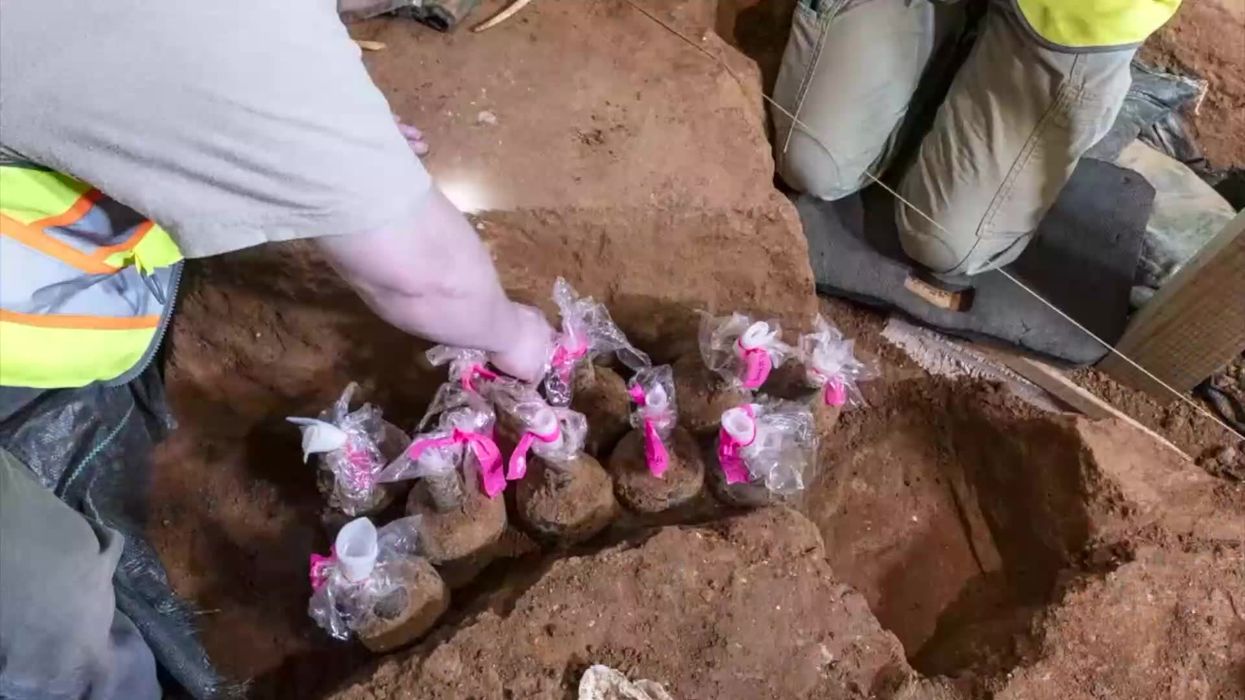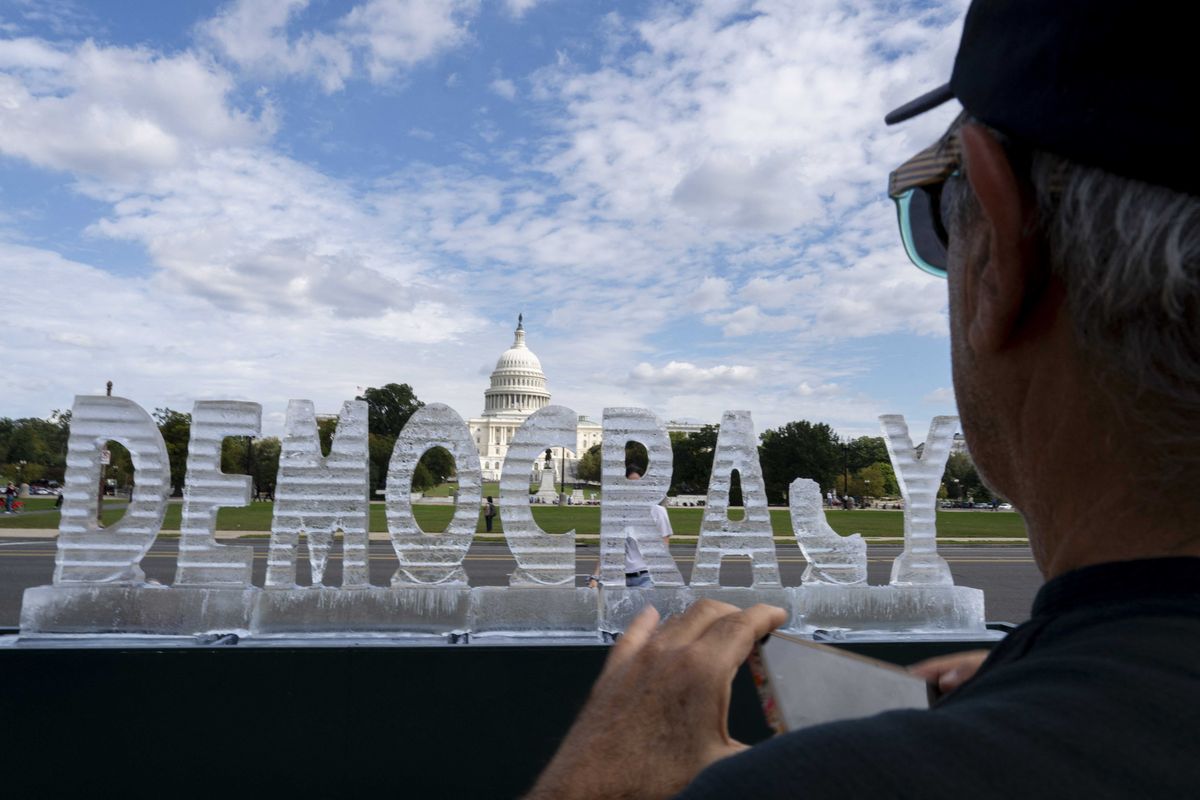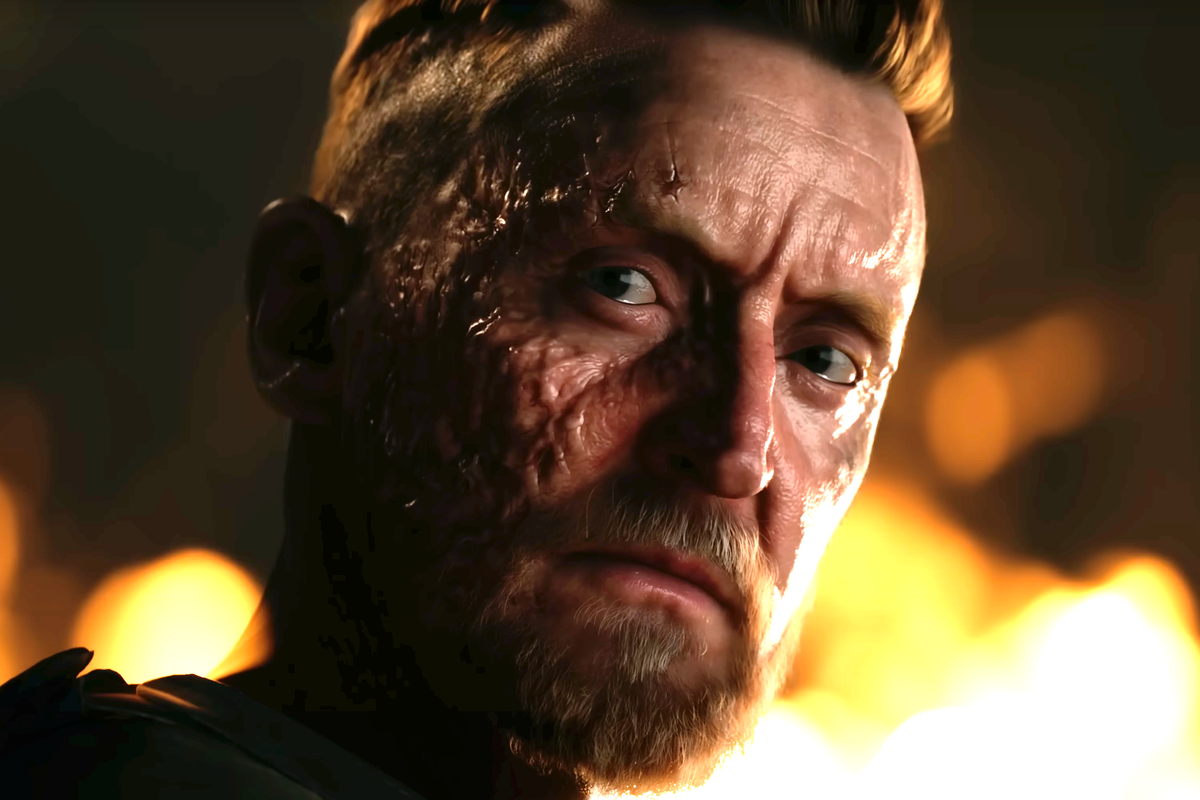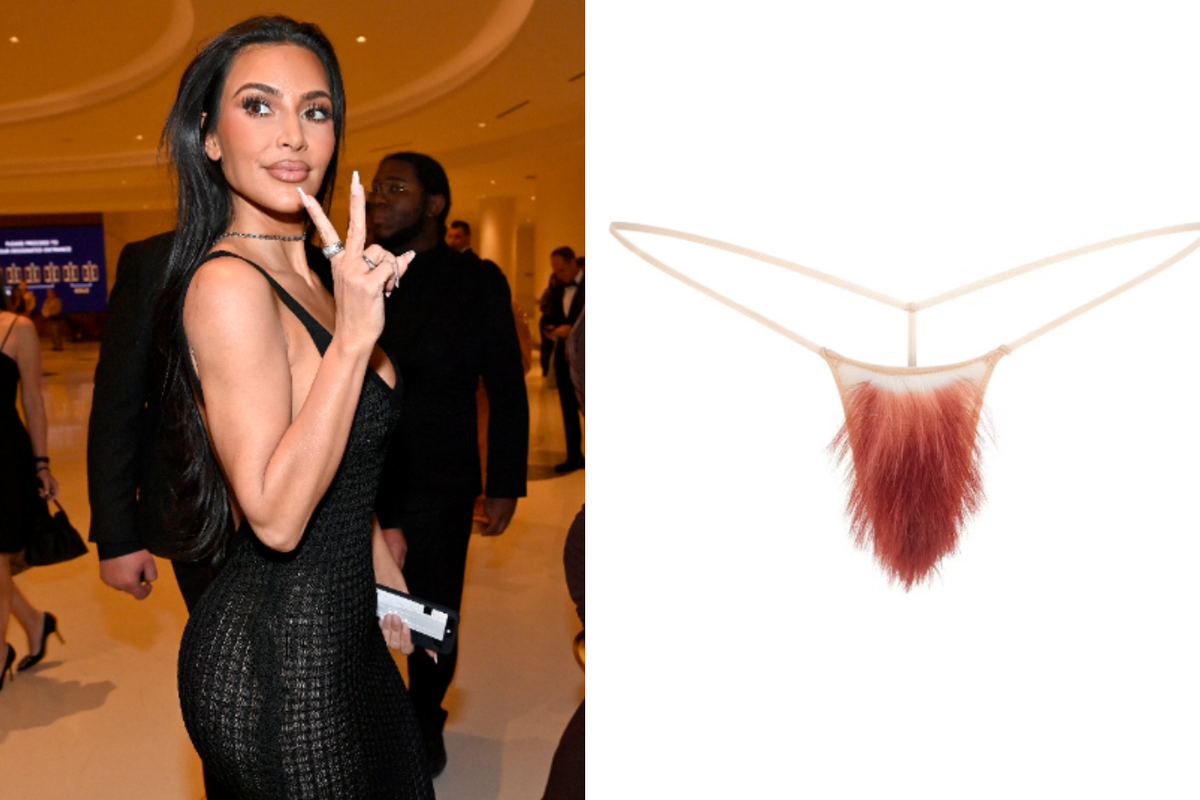Ellie Abraham
Oct 08, 2024
Archaeologists uncover 35 bottles of perfectly preserved fruits in George Washington's Mount …
TMX
Archaeologists have discovered the site of human and horse sacrifice rituals that were used in a “display of extreme power”.
Around the world, archaeological discoveries are constantly helping to shape our understanding of the ways ancient societies once lived. The remains of a lost 5,000-year-old society discovered in Morocco “rewrote Africa’s ancient history”, while archaeologists also unearthed a 3,500-year-old shopping list.
In southern Siberia, experts have now uncovered evidence that a huge prehistoric burial mound was used for a “unique” human and horse sacrifice ritual.
The discovery came during excavations in Russia, as experts discovered what is believed to be one of the earliest and biggest royal burial mounds in the Eurasian Steppe as it dates back to the late 9th century.
A study detailing the findings was published in the journal Antiquity, where experts explained they found the remains of at least 18 individual horses and one human, along with evidence that they were sacrificed in honour of the important person buried under the mound.
Gino Caspari, an archaeologist at Max Planck Institute of Geoanthropology and the University of Bern, and a senior author of the study explained to Newsweek: “We discovered a unique burial ritual long thought to be an exaggeration of the Greek historian Herodotus aimed at making the steppe nomads look more barbaric.”
He added: “The archaeology allowed us to bring together written sources and material remains thousands of kilometres across the Eurasian steppes.”
“People created a tableau [of] dead humans and of the most valuable domestic animals – it is a display of extreme power,” Caspari continued. “While we can't be sure about detailed meaning for the people involved, imagine riding across the steppes and stumbling upon such an arrangement of rotting corpses. Few things will tell you so clearly that the people of these lands are not to be messed with.”
According to the experts, the display bears hallmarks of being from the Scythians – a population of Iron Age people known for their links to horses.
Sign up for our free indy100 weekly newsletter
How to join the indy100's free WhatsApp channel
Have your say in our news democracy. Click the upvote icon at the top of the page to help raise this article through the indy100 rankings
Top 100
The Conversation (0)














